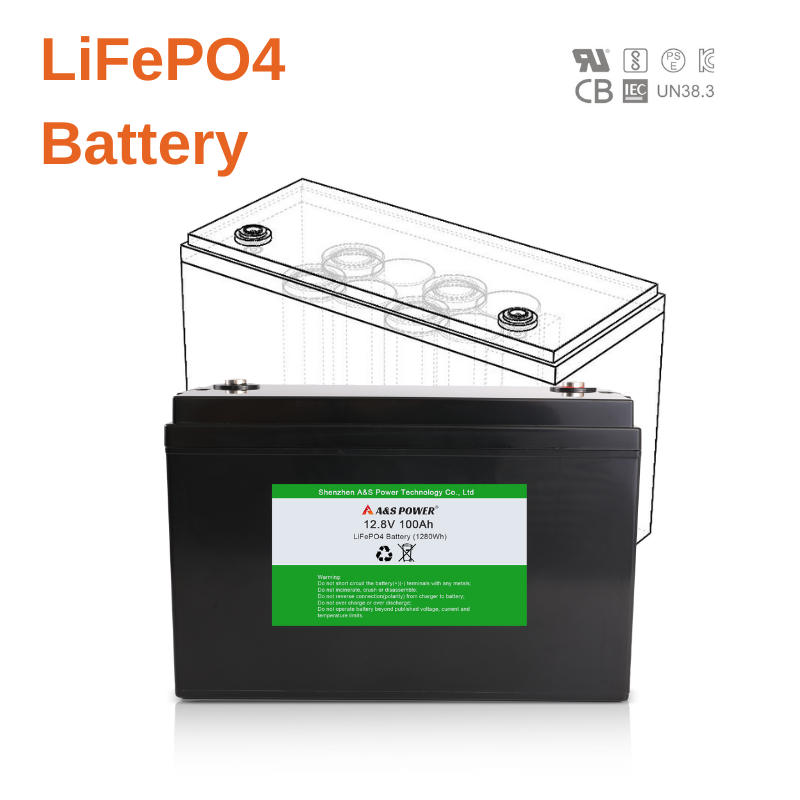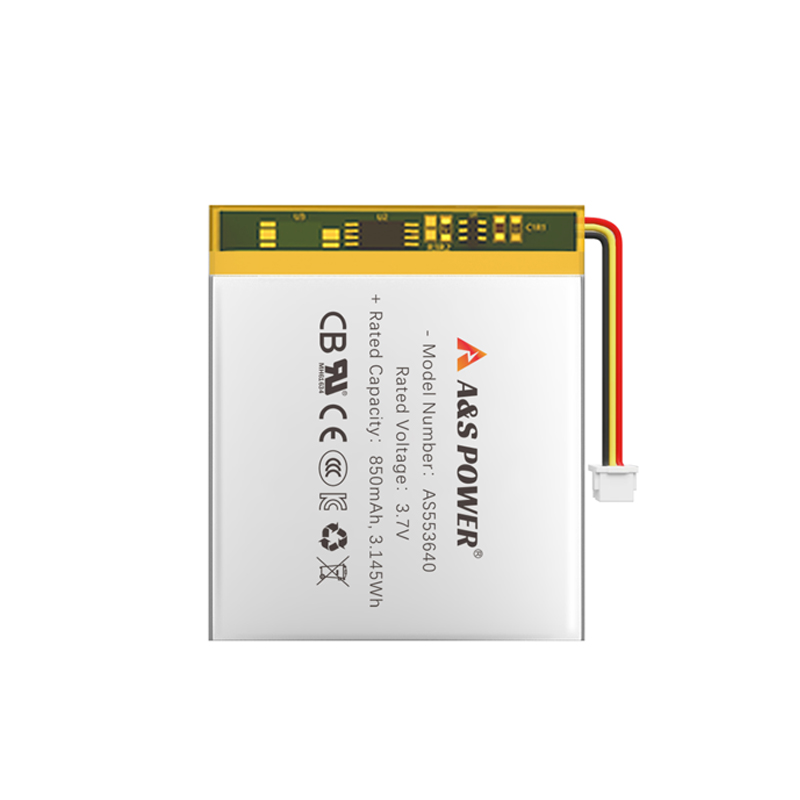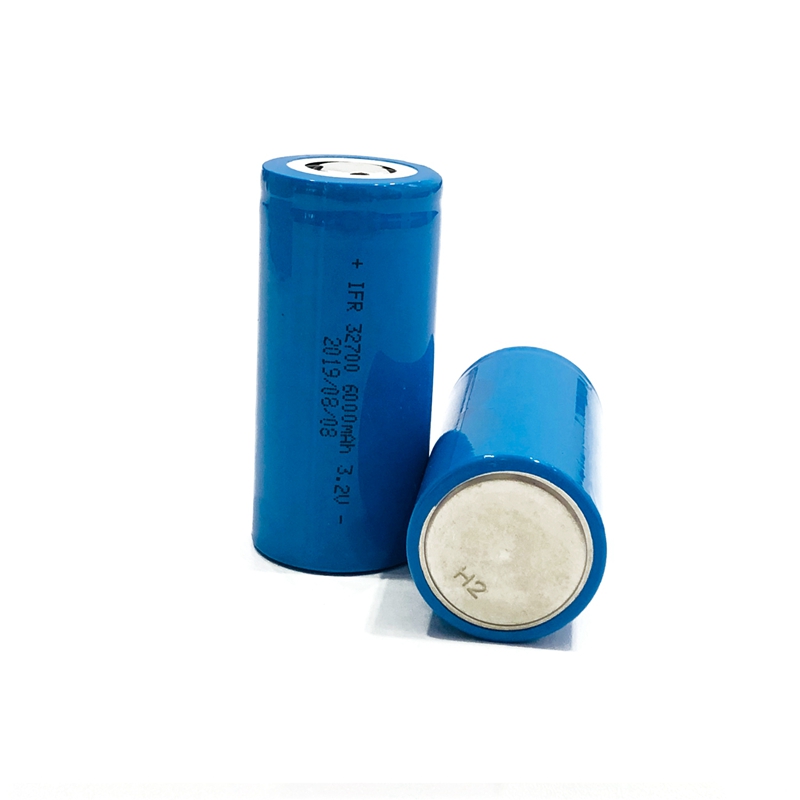Several Factors that High-Quality Lithium battery suppliers have
2025-04-17
Choosing a High-Quality, Affordable Mid-Range Battery Supplier: A Comprehensive Guide
In today’s competitive energy market, selecting the right battery supplier is critical for businesses seeking reliability, performance, and cost efficiency. Whether you’re sourcing batteries for electronics, automotive, or renewable energy applications, this guide will help you identify trustworthy mid-range suppliers that balance quality, compliance, and affordability.

1. Define Your Requirements
Start by clarifying your needs:
· Application: Specify voltage, capacity, and environmental conditions (e.g., temperature, humidity).
· Compliance: Ensure alignment with industry standards (e.g., CE, UL, RoHS) and regional regulations.
· Budget: Determine your price range while prioritizing long-term value over rock-bottom costs.
2. Research Reputable Suppliers
Use trusted platforms like Alibaba, Thomasnet, or industry directories to shortlist suppliers. Look for:
· Certifications: ISO 9001 (quality management), ISO 14001 (environmental standards), and safety certifications (e.g., UN 38.3 for lithium-ion batteries).
· Experience: Check how long they’ve been in business and their expertise in your target battery type (e.g., Li-ion, NiMH, lead-acid).
· Portfolio: Review their client list and case studies to gauge reliability.
3. Evaluate Production and Quality Control
Mid-range suppliers should offer:
· Advanced Manufacturing: Modern facilities with automated assembly lines and strict quality checks.
· Material Sourcing: Transparency about raw materials (e.g., cobalt-free cathodes for sustainability).
· Testing Protocols: In-house labs for durability, safety, and cycle-life testing. Request test reports.
4. Assess Pricing and Value
Avoid suppliers with unusually low prices, as they may cut corners. Compare quotes while considering:
· Bulk Discounts: Negotiate pricing for large orders.
· Warranty: A 1–2 year warranty signals confidence in product quality.
· Total Cost of Ownership: Factor in maintenance, replacement frequency, and energy efficiency.
5. Verify Compliance and Safety
Ensure suppliers meet global safety standards:
· UN 38.3: Essential for lithium-ion batteries.
· MSDS: Material Safety Data Sheets for handling and storage.
· Regulatory Compliance: RoHS (restriction of hazardous substances) and REACH (chemical safety).
6. Request Samples and Audits
· Sample Testing: Test samples in your application to validate performance.
· Factory Audits: Conduct virtual or on-site audits to inspect facilities, processes, and worker safety.
7. Check Customer Reviews and References
· Online Reputation: Read reviews on platforms like Trustpilot or Google.
· References: Ask for contact details of existing clients to verify satisfaction.
8. Prioritize After-Sales Support
A reliable supplier offers:
· Technical Support: Assistance with installation, troubleshooting, and customization.
· Return Policies: Clear guidelines for defective products.
· Sustainability Initiatives: Look for recycling programs or carbon-neutral shipping.
9. Negotiate Terms and Contracts
· Payment Terms: Flexible options (e.g., partial upfront payments).
· Delivery Timeframes: Ensure timelines align with your production schedule.
· Long-Term Partnerships: Seek discounts or priority service for repeat orders.
Why Choose A&S POWER?
At A&S POWER, we pride ourselves on being a mid-range battery supplier that combines:
· Quality: UL/CE/CB/KC/BSMI/UN38.3/ISO-certified processes and premium materials.
· Affordability: Competitive pricing without compromising safety or performance.
· Innovation: Cutting-edge battery solutions tailored to your needs.
· Transparency: Full traceability of materials and open communication.
Contact us today to request a quote or schedule a free consultation. Let’s power your business together!
Let me know if you need adjustments!











